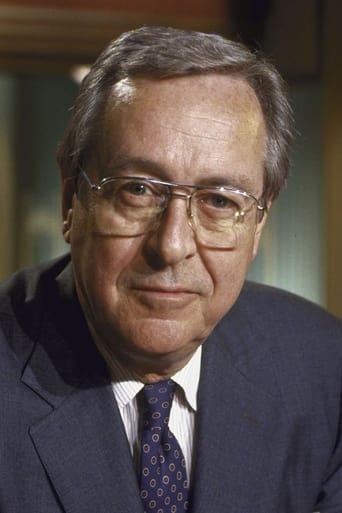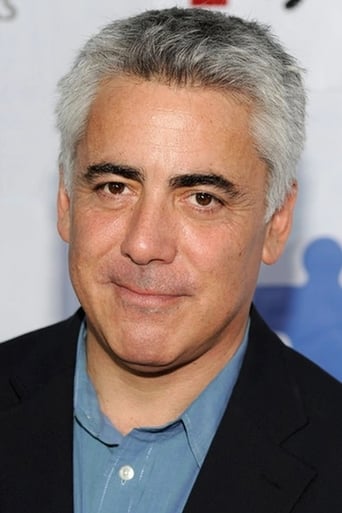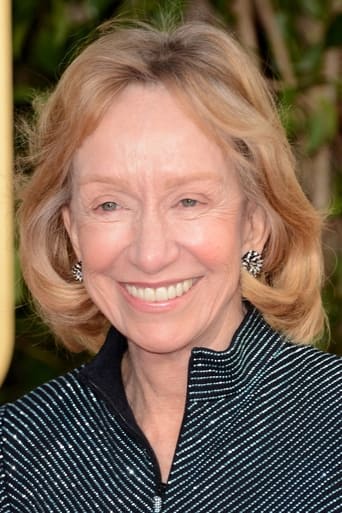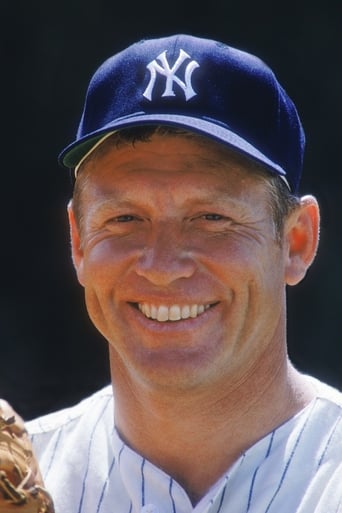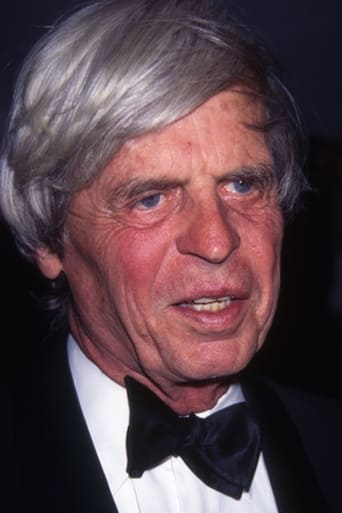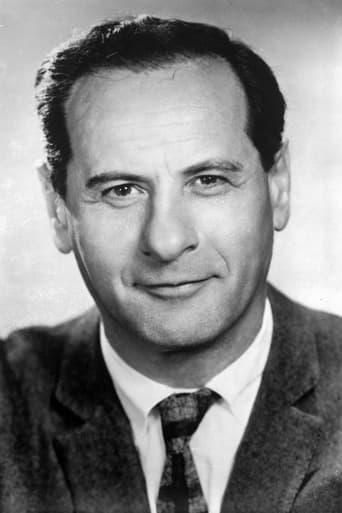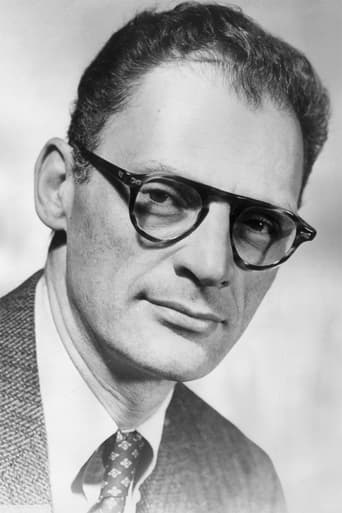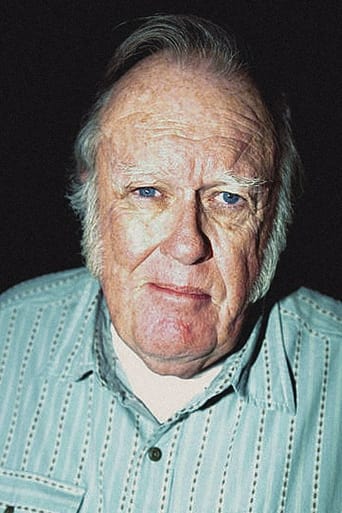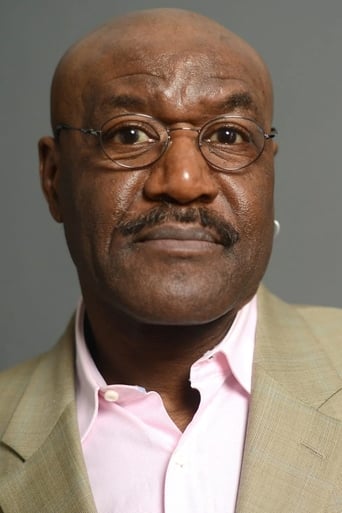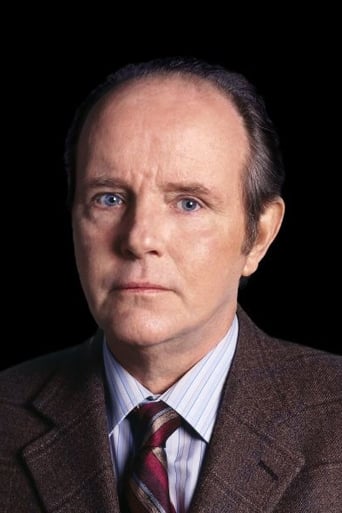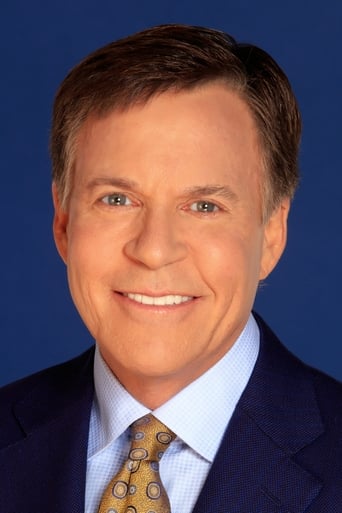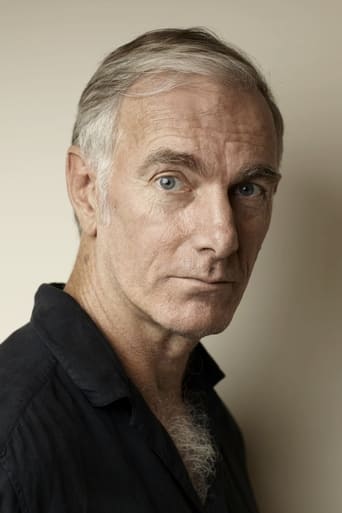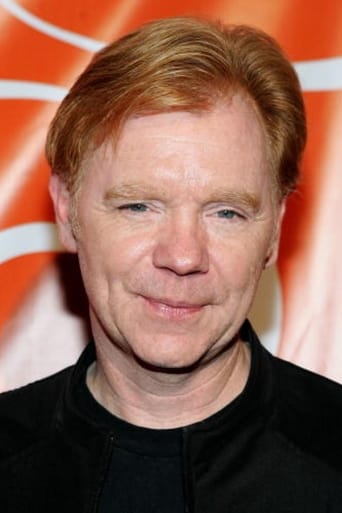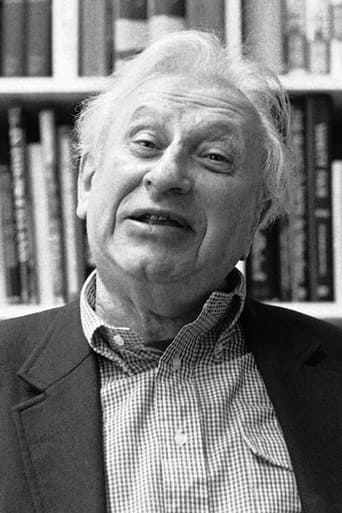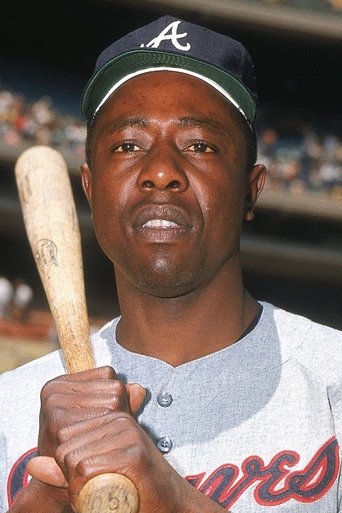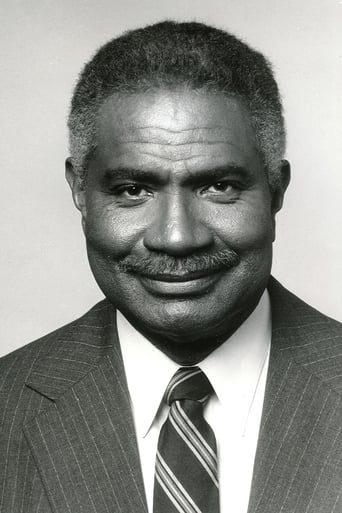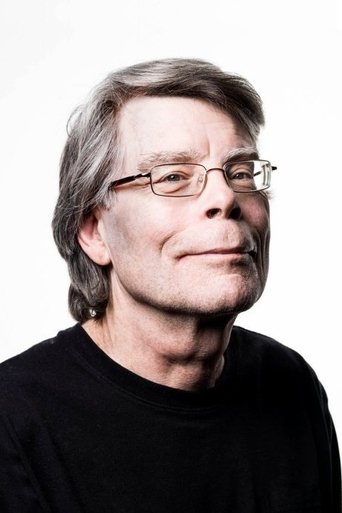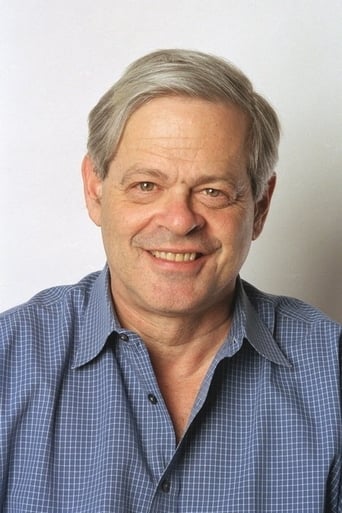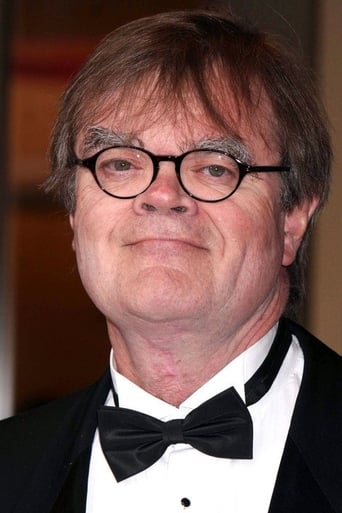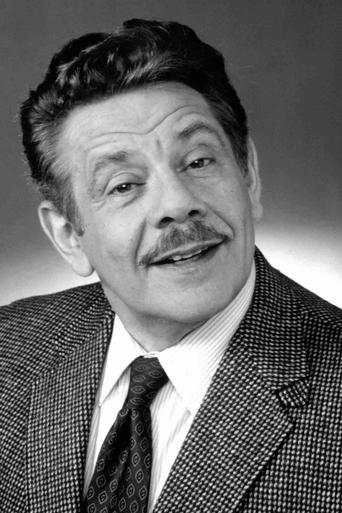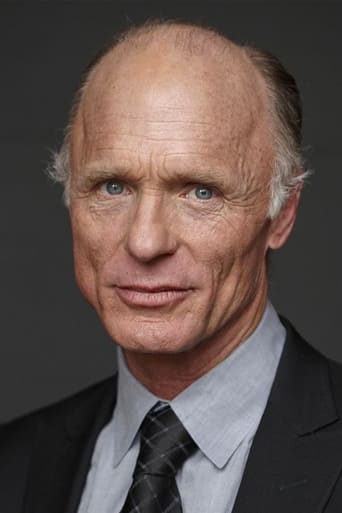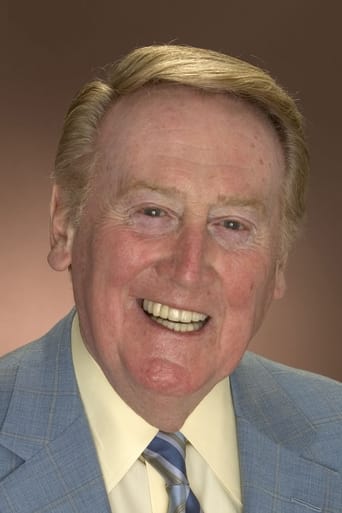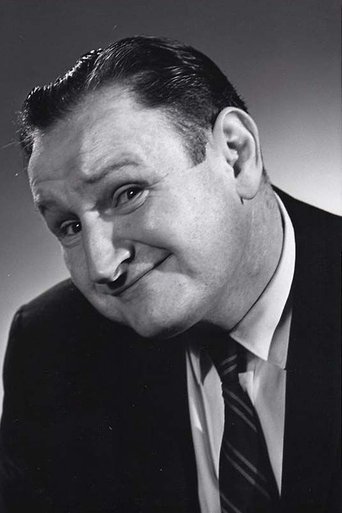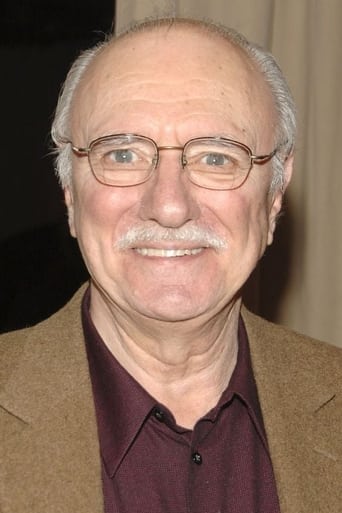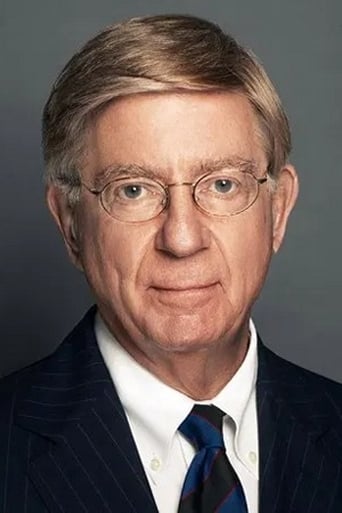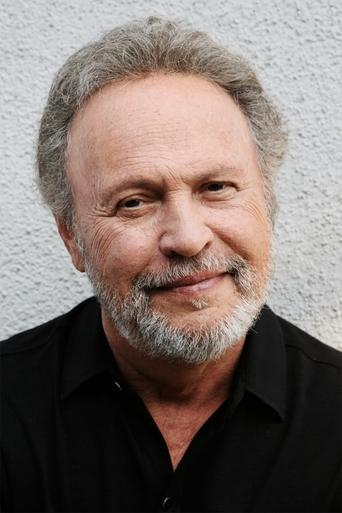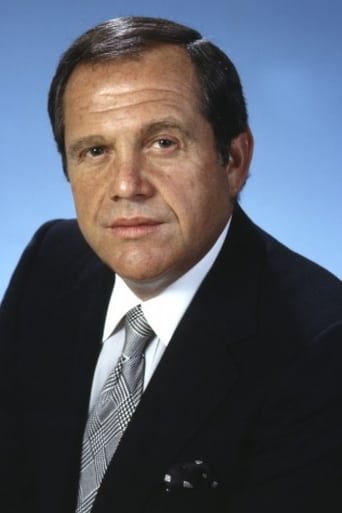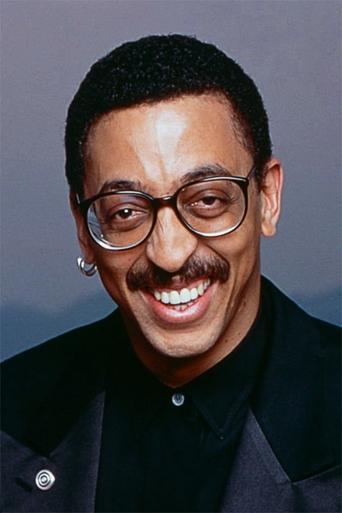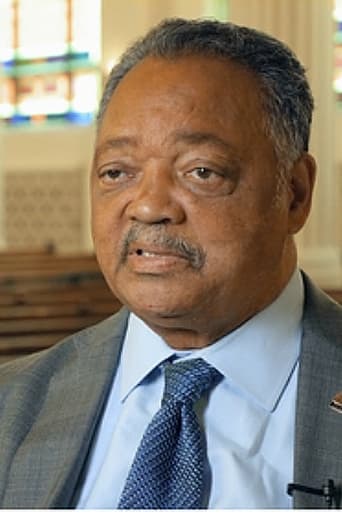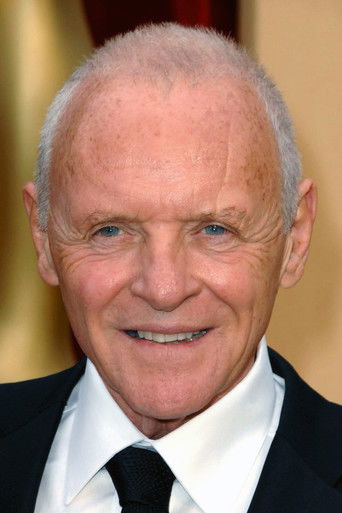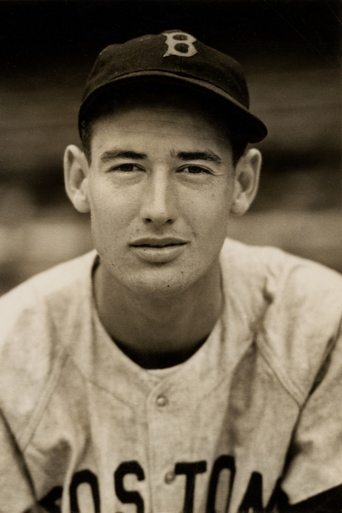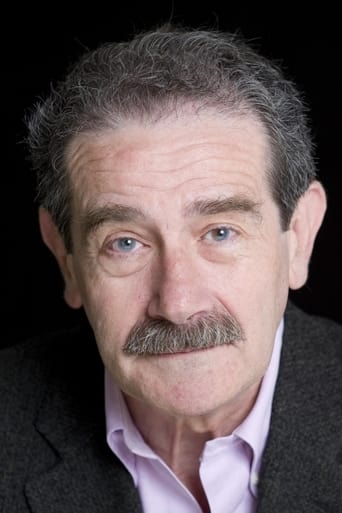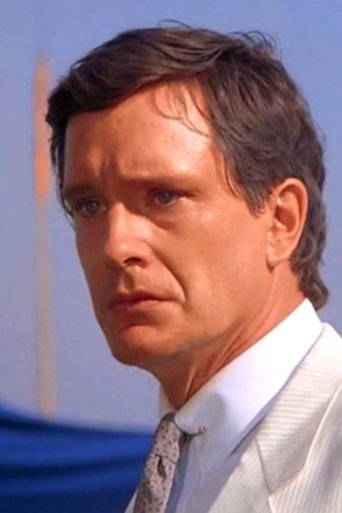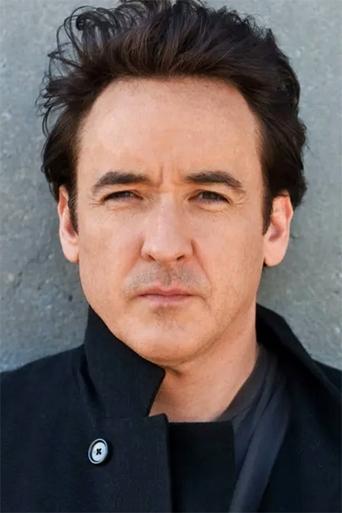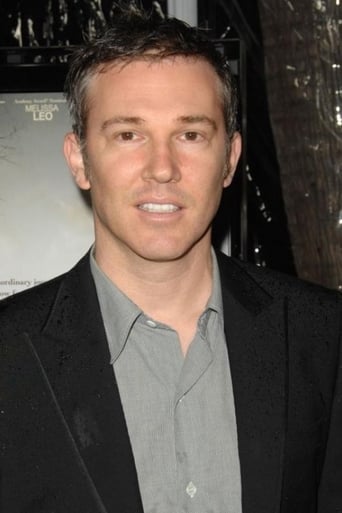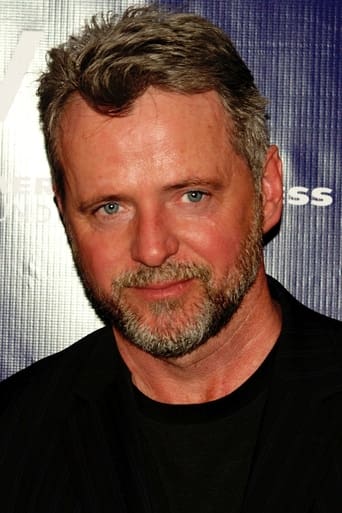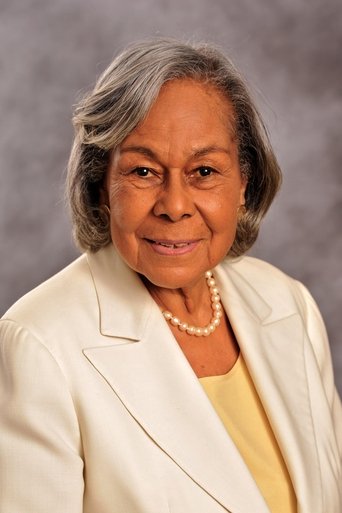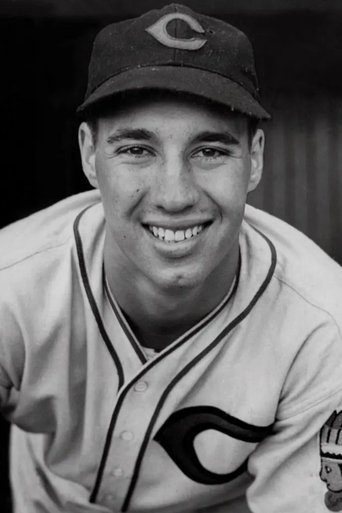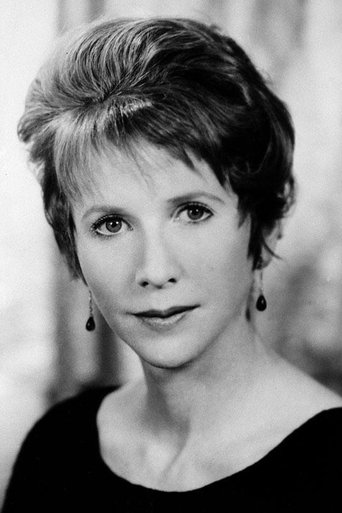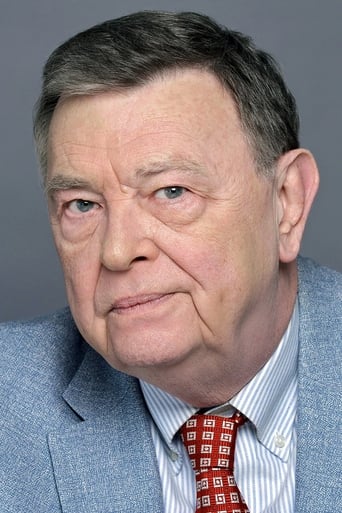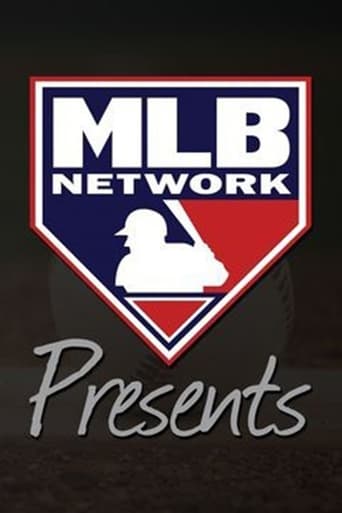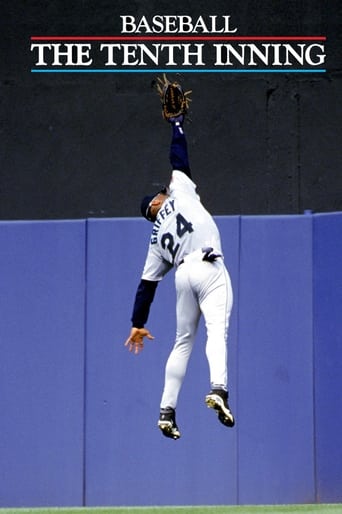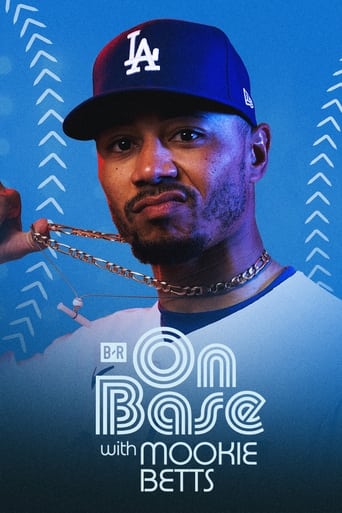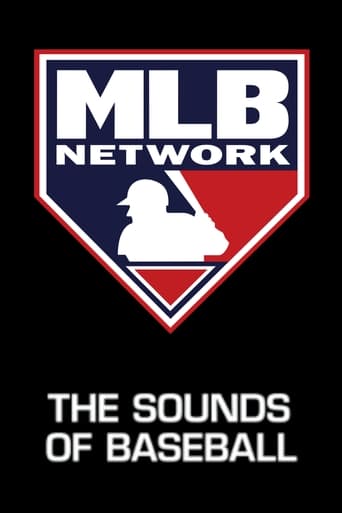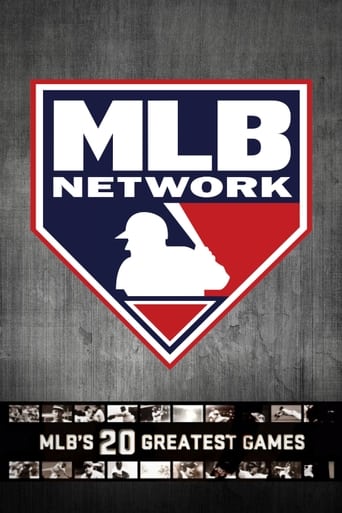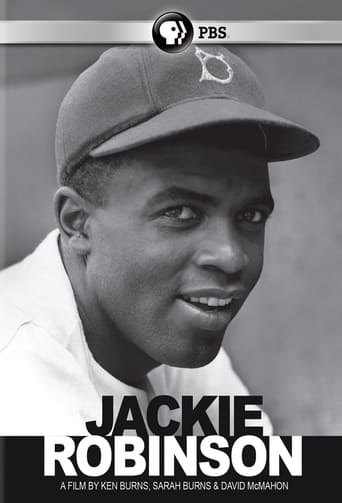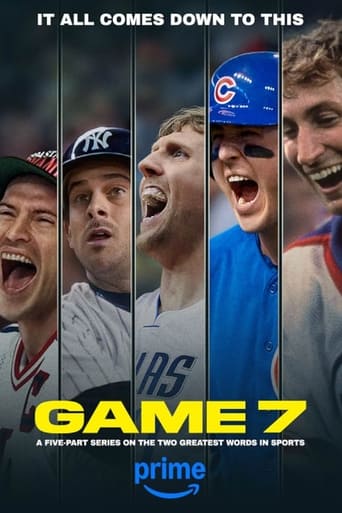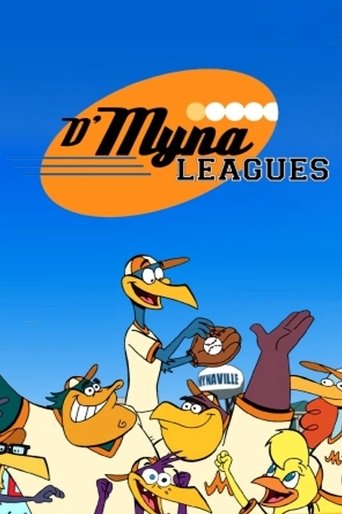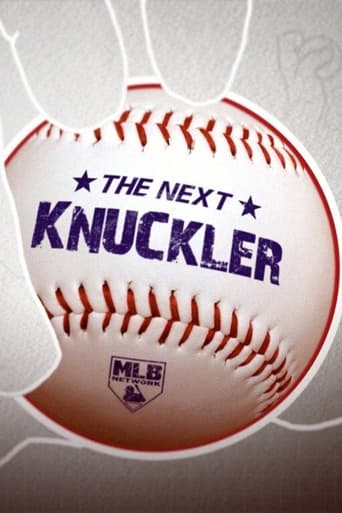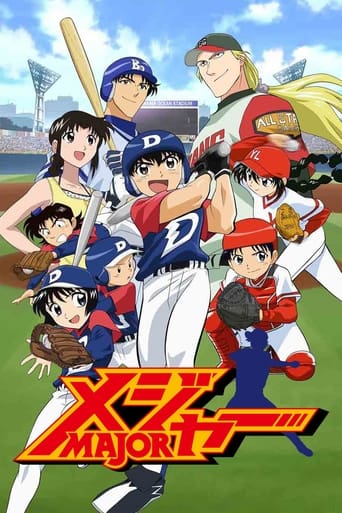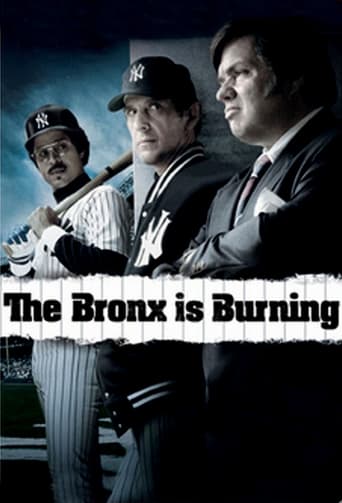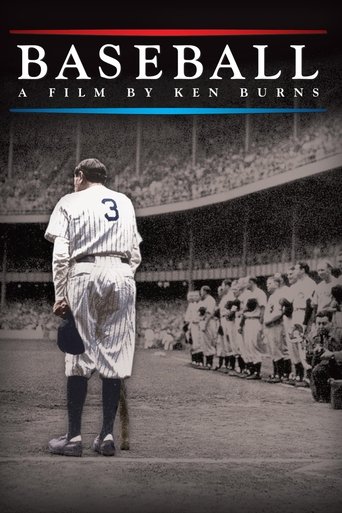
Rating:
7.3/10 by 37 users
Baseball (1994)
The history of the sport of baseball in America, told through archival photos, film footage, and the words of those who contributed to the game in each era. Writers, historians, players, baseball personnel, and fans review key events and the significance of the game in America's history.
Writing:
Release Date:
Sun, Sep 18, 1994
Country: US
Language: En
Runtime: 103
Country: US
Language: En
Runtime: 103
John Chancellor
Self - Narrator (voice)
Adam Arkin
Various (voice)
Doris Kearns Goodwin
Self
Mickey Mantle
Self
George Plimpton
Self
Eli Wallach
Various (voice)
Mike Barnicle
Self
Arthur Miller
Various (voice)
Paul Newman
Various (voice)
M. Emmet Walsh
Various (voice)
Keith Carradine
Various (voice)
Delroy Lindo
Various (voice)
Michael Moriarty
Various (voice)
Bob Costas
Self
John Sayles
Self
David Caruso
Various (voice)
Studs Terkel
Self
Hank Aaron
Self
Mario Cuomo
Self
Gerald Early
Self
Ossie Davis
Various (voice)
Stephen King
Various (voice)
Amy Madigan
Various (voice)
Daniel Okrent
Self
Garrison Keillor
Various (voice)
Red Barber
Self
Buck O'Neil
Self
Derek Jacobi
Various (voice)
Jerry Stiller
Various (voice)
Arthur Ashe
Self
Ed Harris
Various (voice)
Vin Scully
Self
Omar Vizquel
Self
Al Lewis
Various (voice)
LaTanya Richardson Jackson
Various (voice)
John Turturro
Various (voice)
Paul Winfield
Various (voice)
Shelby Foote
Self
Philip Bosco
Various (voice)
Gregory Peck
Various (voice)
Marvin Miller
Self
George Will
Self
Billy Crystal
Self
Alan King
Various (voice)
Stephen Jay Gould
Self
Jason Robards
Various (voice)
Gregory Hines
Various (voice)
Jesse Jackson
Various (voice)
Anthony Hopkins
Various (voice)
Ted Williams
Self
John Thorn
Self
Roger Angell
Self
Paul Roebling
Various (voice)
Thomas Boswell
Self
Charles McDowell
Self
Donald Hall
Self
Robert Creamer
Self
John Cusack
Various (voice)
Loren Dean
Various (voice)
Curt Flood
Self
Jody Powell
Various (voice)
Sammie Haynes
Self
Aidan Quinn
Various (voice)
Rachel Robinson
Self
Bob Feller
Self
Shirley Povich
Self
Clyde Sukeforth
Self
Tom Wicker
Self
Riley Stewart
Self
Stephen Lang
Various (voice)
Julie Harris
Various (voice)
Gene Jones
Various (voice)
Willie Morris
Self
Season 1:

In New York City, in the 1840s, people need a diversion from the "railroad pace" at which they work and live. They find it in a game of questionable origins. Inning One, Our Game, looks at the origins of baseball in the 1840s and takes the story up to 1900. Burns refutes the myth that Abner Doubleday invented baseball in Cooperstown and traces its roots instead to the earliest days of the nation.

In 1894, a sportswriter named Byron Bancroft "Ban" Johnson takes over a struggling minor league - the Western League - and turns it into a financial success. Inning Two, Something Like a War, takes viewers through 1910 and introduces some of the game's most celebrated and colorful characters, including Ty Cobb, Honus Wagner, Christy Mathewson and Walter Johnson.

Examine the century's second decade, which was dominated by the Black Sox scandal. George Herman “Babe” Ruth makes his first major league appearance (as a member of the Boston Red Sox) and a wave of immigration helps fill the stands with new fans, eager to “become American” by learning America's game.

This episode concentrates on Babe Ruth, whose phenomenal performance thrilled the nation throughout the 1920s and rescued the game from the scandal of the previous decade.

The story of the Negro Leagues in the 1930s. “Shadow Ball” refers to a common pre-game feature in which the players staged a mock game with an imaginary ball. Though unintended, the pantomime was an apt metaphor for the exclusion of blacks from major league play at that time.

This episode covers the 1940s and includes Joe DiMaggio's celebrated hitting streak, the awe-inspiring performance of Ted Williams and what Burns calls “baseball's finest moment” — the debut of Jackie Robinson, who broke the color barrier as a member of the Brooklyn Dodgers in 1947.

Viewers are taken through the 1950s when New York City had three successful baseball teams and dominated the World Series. By the end of the decade, the Giants and Dodgers had left New York, a signal that the old game was changed forever.

The field is moved to the 1960s. This episode traces the emergence of television, the expansion to new cities and the building of anonymous multipurpose stadiums that robbed the game of its intimacy and some of its urban following.

The final episode looks at baseball from the 1970s to the present, including the establishment of the free agent system, the rise in player salaries, the continued expansion, the dilution of talent, the ongoing battles between labor and management and the scandals.

